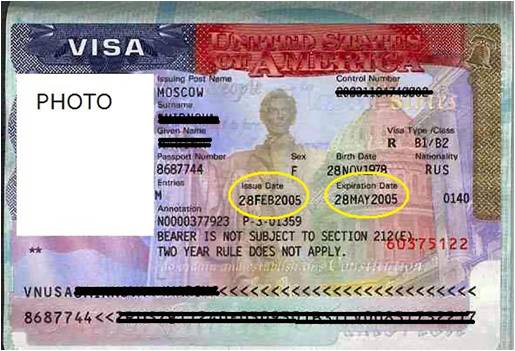FAQs
Here we answer some of the most frequently asked questions regarding immigration, visas and residences for the United States. Remember, however, that nothing here constitutes legal advice or replaces a consultation with an immigration attorney. For legal advice, consult an attorney licensed to practice law, and with experience in handling immigration cases.
How I can legalize my status in the United States?
It all depends on your particular circumstances, so you should consult with an attorney to determine if any remedy is available for you. For example, an undocumented person can legalize their status by marrying a US citizen, provided they are not disqualified to adjust status (i.e. made a legal entry, or qualifies to benefit from any special law), and the marriage is genuine. However, a person already present legally in the United States with a "J" visa and restriction of foreign residence of two years, or people with certain visas such as those of crewmembers or transit visas, may not adjust status by marrying a US citizen. As you can see, there is no single answer to this question that applies to everyone equally.
I stayed longer than allowed in my form I-94. What are the consequences?
Like everything else, each case varies. There is no standard answer, because it depends on how long you have "overstayed".
If you were present illegally in the United States for more than 180 days but less than a year and left the country voluntarily, you are inadmissible for three years.
However, if you were present illegally in the United States for more than a year, and then request permission to re-enter the country, you are inadmissible for 10 years.
By "inadmissible", we mean that if you show up at the border (including airports, and maritime borders, for example) and request entry to the United States, an immigration officer will not allow you to legally enter, regardless of whether you have a valid visa.
Do I have to file and pay income tax returns (income tax) even if illegally present in the United States?
It is the legal obligation of every person who generates an income within the United States (including Puerto Rico), regardless of their status, to pay income tax. Plus it is an obligation of all aliens, when applying for any immigration benefit, either citizenship or to adjust their status to permanent resident, to comply with their obligation to file returns.
If someone is put in deportation proceedings, having filed income tax returns functions as an "equity" or positive aspect of the person that the immigration judge takes into consideration when deciding whether to grant a remedy against deportation.
Can I request that I remove my residence conditions if I divorce?
Yes. You can apply on your own and receive permanent after two years of having obtained conditional residency by marriage, even if you are already divorced. The important thing is that marriage by which the residence was obtained was not fraudulent and a "waiver" is requested in a timely manner.


Can I stay in the United States until my visa expires?
The amount of time you may stay in the United States is not determined by the date of expiry of your visa, but rather by the date included in your I-94. The I-94 is automatically generated when you are inspected and admitted into the United States, and may be retrieved online from the website of the Bureau of Customs and Border Protection.
Do I have to notify the Immigration Service of any change of address?
Yes. It is the obligation of all foreigners, including permanent residents, to notify USCIS (Immigration) any change of address within 10 days of such change. Otherwise, the foreigner is exposed to fines, imprisonment or deportation. This notification is made by filing the AR-11 form.
How I can bring my family once I have my residency or citizenship? Google Translate for Business:Translator ToolkitWebsite TranslatorGlobal Market Finder
The procedure is to file a petition for alien relative once you have your "status" as a resident or citizenship.
Immigration law gives the right to citizens of the United States to petition "immediate relatives" (relatives immediate) without being subjected to waiting lists, which vary from country to country, and to which other immigrants are subject. Immediate relatives are the father and mother, children, and the foreign spouse. citizens can also apply for their adult children, but these are subject to visa issuance waiting lists.
Permanent residents can petition their spouses, children (minors), adult unmarried sons and daughters(and their sons). However, these immigrants are subject to the waiting lists and immigration quotas mentioned above. Some immigrants prefer to wait a few years as residents and apply for naturalization before applying for an immigrant visa for an immediate relative.
Only US citizens can petition their brothers, but these applications are also subject to extremely long waiting lists, which may exceed more than a decade.
